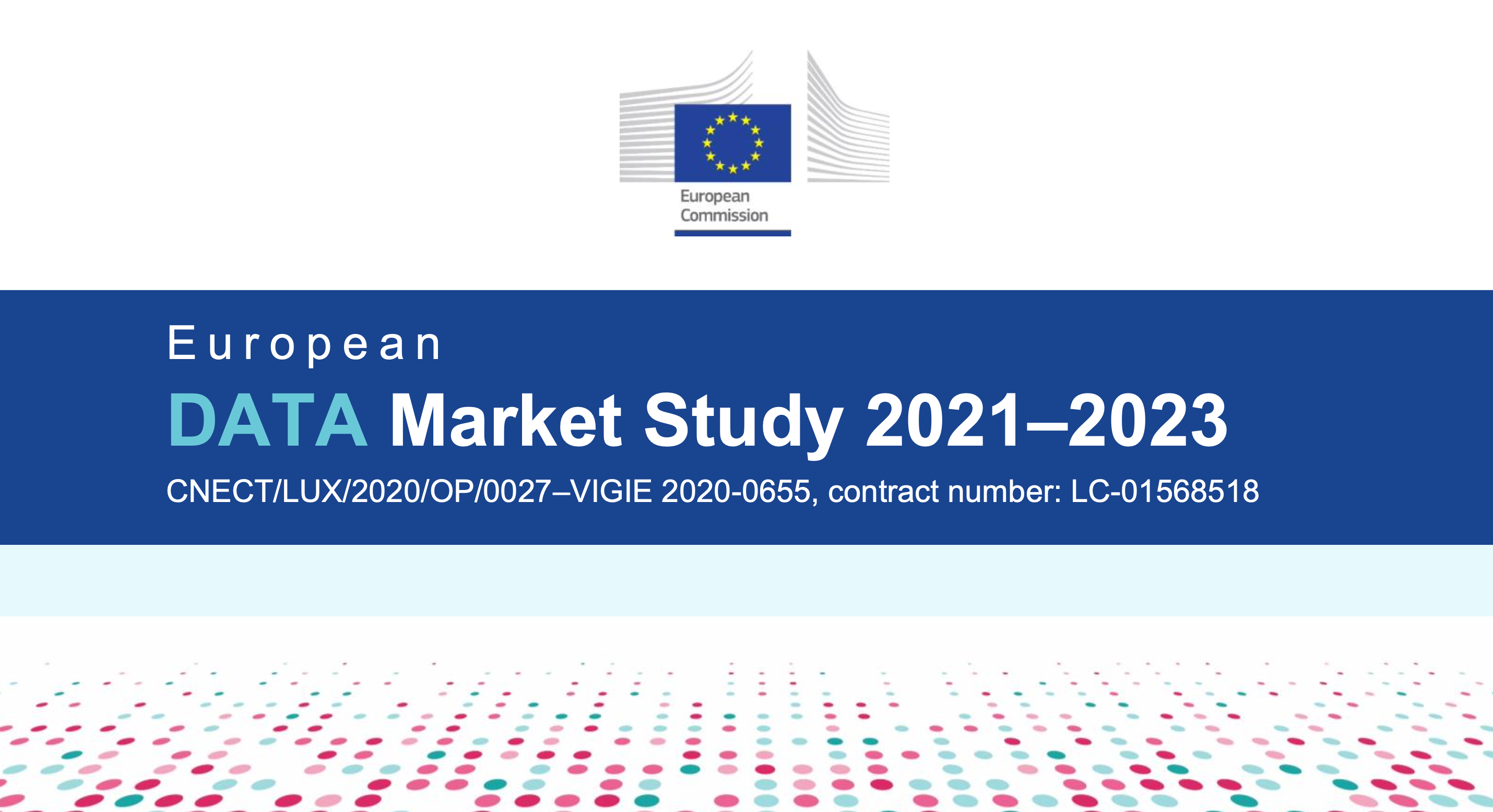PT Anywhere used for remote learning during the COVID-19 pandemic

PT Anywhere, a flagship KMi technology, has played a vital role in remote teaching and learning during the COVID-19 pandemic. Several universities from across the world have incorporated PT Anywhere in their curricula and have been using it for remote laboratory sessions with their students. PT Anywhere is also featured in the UK Government’s Digital…










